BMW group’s debrecen plant in hungary has commenced near-series production of the Neue Klasse x model. The facility’s advanced processes are rigorously tested as it prepares for full-scale electric vehicle manufacturing by late 2025.
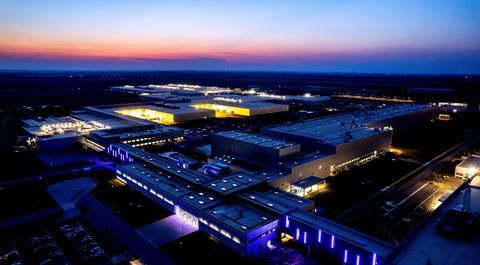
In Hungary’s industrial heartland, BMW’s plant in Debrecen is emerging as a key hub in the company’s transition to electric mobility. The factory, a cornerstone in the production of BMW’s fully-electric Neue Klasse range, recently celebrated the production of its first test vehicles, moving one step closer to series production slated for late 2025.
Milan Nedeljković, member of the Board of Management of BMW AG responsible for Production, highlighted the significance of the achievement: “The production of the first test vehicles in Debrecen is an important milestone in commissioning the new plant.” These vehicles, representative of the X model in the Neue Klasse line-up, signal that logistics, manufacturing equipment and employee operations are now undergoing rigorous evaluation under real-world conditions.
BMW Debrecen plant pivots from blueprint to reality
The journey to series production begins with the creation of near-series vehicles, serving as a testing ground for the plant’s cutting-edge systems. At Debrecen, this means every vehicle undergoes a production process designed to mimic actual manufacturing complexity. Despite the limited number of parts, the operations are executed with the same precision required in mass production.
“Running system tests for the future vehicle model helps identify further potential for optimisation”

Logistics processes are also under the microscope. Daily deliveries of materials and vehicle parts arrive at the plant to support continuous production. Each element, from individual components to assembly workflows, is scrutinised to uncover potential improvements. Particular emphasis is placed on the validation of advanced manufacturing tools, with a focus on their digital integration.
The ongoing trials form a critical feedback loop. Each step in the production cycle generates data to refine systems and uncover opportunities for efficiency. “Running system tests for the future vehicle model helps identify further potential for optimisation,” the team noted.
These insights will shape the final production protocols, ensuring seamless execution when series manufacturing begins.
Read more BMW stories
- BMW conquers Mexico with sustainable production
- BMW: ‘Designing for Circularity’ to lead in sustainability
- BMW strengthens EV future with Wackersdorf battery centre
- How BMW is ramping up its circular production principles
This preparatory phase also includes an intensive training programme for new staff. Employees are familiarised with sophisticated machinery and processes, ensuring that human expertise matches the technical sophistication of the plant. Collaboration across production areas is key to achieving the integration necessary for a smooth series launch.
A vision for 2025 and beyond
As the countdown to full-scale production progresses, BMW’s Debrecen plant exemplifies its strategy to lead in electric vehicle innovation. The Neue Klasse models, designed as a showcase for sustainable mobility, represent a transformative shift for the brand.
While these test vehicles are not yet consumer-ready, the milestone underscores BMW’s commitment to delivering a seamless production process. As Nedeljković affirmed, the focus remains on setting the highest standards for production excellence while preparing for an electric future.






























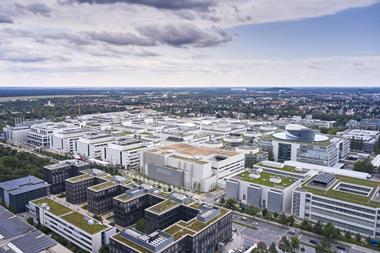
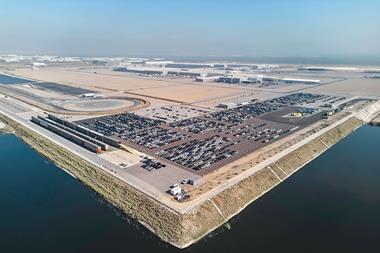
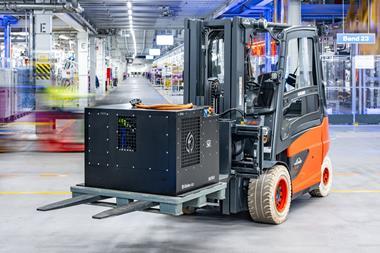
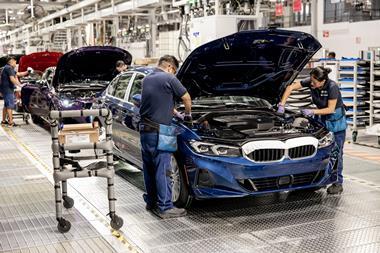
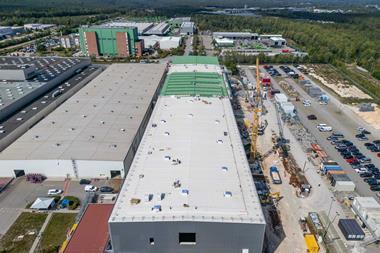



No comments yet